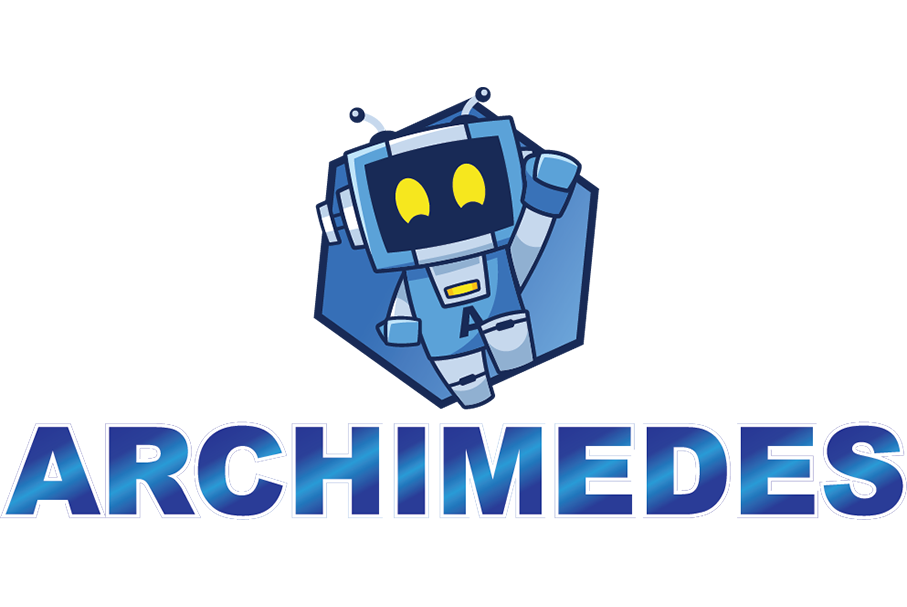The ARCHIMEDES project develops a great leap in toxicology with ERC funding

The name ARCHIMEDES is an abbreviation of “data-driven integrated approaches to chemical safety assessment and drug development”.
The study employs an integrated strategy based on state-of-the-art big data science, artificial intelligence (AI), toxicogenomics, molecular assays and cell technology.
This is also one of the first attempts to systematically combine computational data analysis with Good Laboratory Practice (GLP)-approved testing.
Safety assessment is a bottleneck
“Time-consuming and laborious tests used in traditional chemical safety assays are a bottleneck to the development of new, safe and effective chemicals and drugs,” Greco says.
According to Greco, only about 1% of the over 250,000 currently marketed chemicals have been tested well enough. On the other hand, bringing a new drug to the market takes about ten years, which is a long time, for example, during a pandemic.
Traditional toxicology operates in a linear fashion and tests the effects of one chemical at a time. However, the complementary approach called systems toxicology also examines the mechanisms of action of chemicals on the exposed biological systems.
"So far, systems toxicology has not been fully standardised, and legislators do not approve most of the evidence based on data produced by such approaches” Greco explains.
“We need a new informative and scalable paradigm, faster and more reliable testing, and more relevant in vitro models,” he says.
A new innovative platform for toxicological data
Greco aims to gather the currently fragmented knowledge to a new computational platform where data can be searched and combined based on their characteristics, hence also making them more usable.
At the same time, the platform – Toxicology Knowledge Graph – also works as a learning platform for artificial intelligence (AI) algorithms. AI can be taught to identify, for example, dangerous chemicals and to infer associations between different chemicals.
“I want to establish a comprehensive toxicology search engine, like a Google in toxicology, which researchers can use to search for information on chemicals and diseases,” Greco says.
“ARCHIMEDES will help them to find suitable cellular models for their research and the right genes and chemicals for testing. We will also systematically translate the data of the Toxicology Knowledge Graph into Good Laboratory Practices (GLP) experimental assays,” he points out.
With the help of AI algorithms, it is also possible to define the applicability domain of computational, experimental and IATA models (Integrated Approaches to Testing and Assessment) in different cases.
“If this works, it will potentially revolutionise the entire field,” Greco says.
Science and research are the best solution to the world’s problems
The European Research Council’s Consolidator Grant is the most prestigious funding an individual researcher can obtain in Europe. For the Faculty of Medicine and Health Technology, this funding is the first of its kind.
“This success reflects the excellence of the research environment at Tampere University, which has invested in cutting edge research infrastructure over the years and is attracting excellent scientists from several countries” Greco says.
Greco learned about the ERC funding when the war in Ukraine had been fought for two weeks.
“The fact that I received this funding at such a moment makes me think that science and research are the only solutions to the problems humankind is facing. Bombs do not solve the problems, science and research do,” he says.
The five-year study is likely to begin next autumn, and it will be conducted at FHAIVE, the Finnish Hub for Development and Validation of Integrated Approaches.
Enquiries:
Professor of Bioinformatics Dario Greco
tel. +358 50 318 2106
dario.greco [at] tuni.fi

Picture: Dario Greco
Photo: Jonne Renvall





